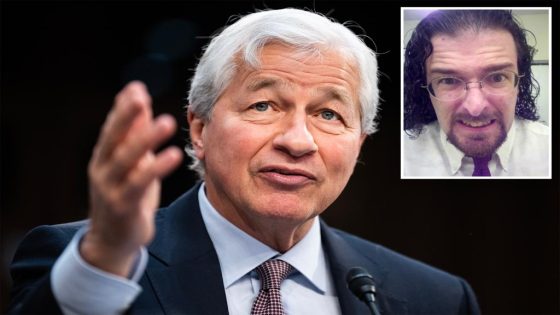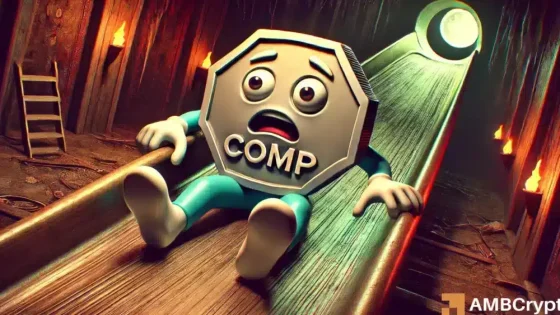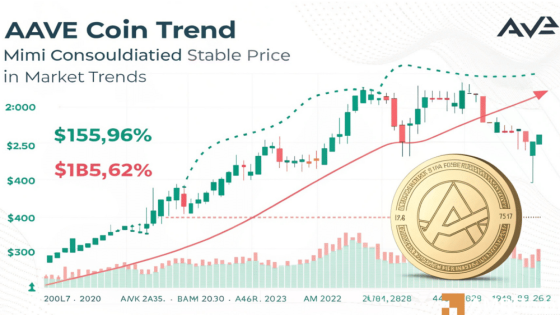On March 27, 2025, leaders from Germany and France reacted strongly to President Trump’s announcement of a 25 percent tariff on automobiles and car parts imported to the united states. The tariffs, described as permanent, are set to take effect on April 3, prompting calls for a robust response from the European Union to mitigate the potential negative impacts on global trade.
- Trump imposes 25% tariffs on cars.
- European leaders call for strong EU response.
- Macron warns tariffs are "not a good idea."
- Germany's economy minister demands decisive action.
- Tariffs threaten growth and supply chains.
- U.S. stock market signals poor economic policy.
French President Emmanuel Macron and German Economy Minister Robert Habeck emphasized the need for a united European front against the tariffs, warning that they could harm economic growth and supply chains on both sides of the Atlantic.
President Trump’s decision to impose a 25 percent tariff on automobiles and car parts has raised significant concerns among European leaders. The tariffs are expected to affect major automakers, particularly in Germany, where companies like BMW, Mercedes-Benz, and Volkswagen heavily rely on the American market for exports. The announcement has sparked discussions about the potential repercussions for global trade dynamics.
Key points regarding the tariffs include:
- The tariffs are permanent and will begin on April 3, 2025.
- French President Emmanuel Macron stated that he advised Trump against the tariffs, emphasizing their negative implications.
- German Economy Minister Robert Habeck called for a decisive EU response, highlighting the importance of not backing down.
Both Macron and Habeck expressed concerns that the tariffs could disrupt supply chains and increase inflation in the United States. Macron noted that the U.S. stock market’s reaction indicated that the tariffs are not aligned with sound economic policy. The potential for retaliatory measures from the EU remains a significant topic of discussion among European leaders as they prepare to address the situation.
The imposition of these tariffs by President Trump has prompted strong responses from European leaders, who are concerned about the broader implications for international trade and economic stability. The situation continues to evolve as discussions about potential countermeasures and negotiations unfold.

































